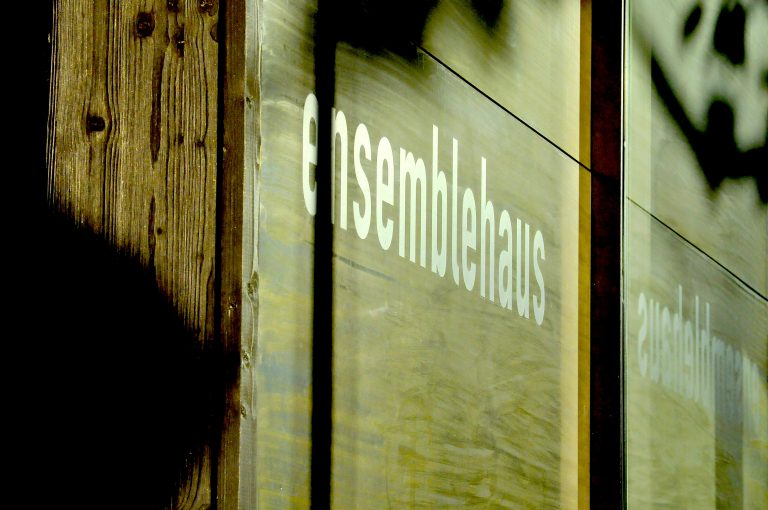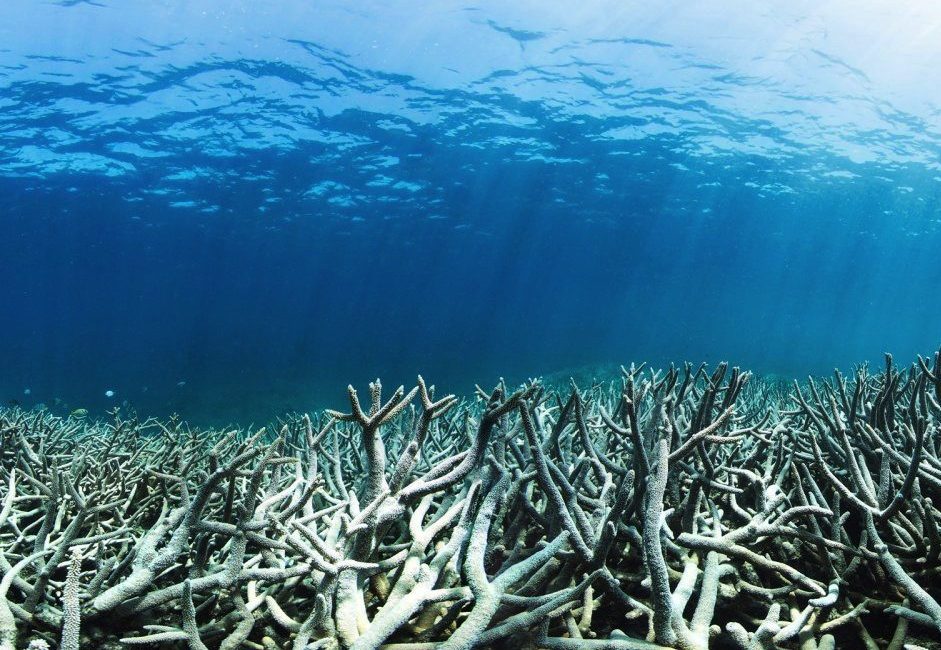Statement on Sustainability
Today, orchestras, ensembles and cultural practitioners in general are increasingly expected to examine the ecological impact of their activities and observe ethical constraints on their use of resources. Ensemble Recherche is no exception to this, and while we endeavour to devise and adopt progressive measures, we obviously do not claim to have all the answers. In including this statement here, we do not seek to exaggerate the impact of our efforts or to substitute words for real actions; rather, we wish to openly cite our achievements but also acknowledge our shortcomings.
Ensemble Recherche undertakes most of its rehearsal and management activities at Ensemblehaus , a building that was opened in 2012 in line with what were already progressive targets regarding the long-term carbon footprint of new constructions. In 2024, in cooperation with the management of the Freiburger Barockorchester (with whom we share Ensemblehaus), we will work with an energy consultant to further optimise the use of electricity in our day-to-day operations. Being based in a city like Freiburg, we also enjoy the benefits of mostly very modern infrastructure and policies intended to incentivise ecological sustainability; for example, in the region, the proportion of electricity produced from renewable sources is increasing*, albeit slowly, year by year. However, travel is an essential part of our activities, and while we are fortunate to have access to efficient rail services, it is the simple reality that when very long distances are involved, no adequate carbon-neutral option exists.

We believe strongly in the importance of presenting new music to audiences around Europe and elsewhere in the world but are acutely aware of the environmental impact associated with this. We are therefore regularly compelled to weigh up the cultural benefit of our presence in distant locations against the ecological cost thereof. In this regard, it is our policy that for projects abroad for which no feasible alternative to air travel exists (i.e., such a trip by train would take several days in each direction), there must, at the very least, be multiple engagements at the destination which will have what we would reasonably consider to be a significant cultural impact and for which our participation could not be substituted by that of local artists. In other respects, we are making considerable efforts to minimise or avoid altogether activities which generate waste or pollution. This includes sourcing renewable, locally produced materials wherever possible, actively avoiding products which come with excessive packaging and recycling the majority of the waste resulting from our operations.
Finally, the promotion of ecological awareness has become a major goal in our programming. For example, in our 2022-23 season, “Song of Salt and Water,” a project intended for children aged 6 to 12, was intended to illustrate the effects of anthropogenic waste on marine ecosystems; in the current season, the “Museum of a Future Past” project draws attention to the plausible threat of the disappearance of various natural and human-related phenomena—and their accompanying soundscapes—due to climate change (the cultures of many low-lying coastal communities, the songs of migrating birds, the hushed atmosphere that descends upon a city that has just been blanketed in snow…). In future projects, we will endeavour to continue to use our position as artists and performers to critically examine how our actions, as a society but also as individuals, impact the environment.

This is the first version of our ensemble’s Statement of Sustainability. Like the objectives it describes, it is a work-in-progress… but we hope that over time it will evolve to reflect positive changes as we move further in line with what is required to achieve genuine sustainability.
*40.6% of electricity from renewable sources in 2020, compared to 19.9% in 2011 (source: www.statistik-bw.de)



